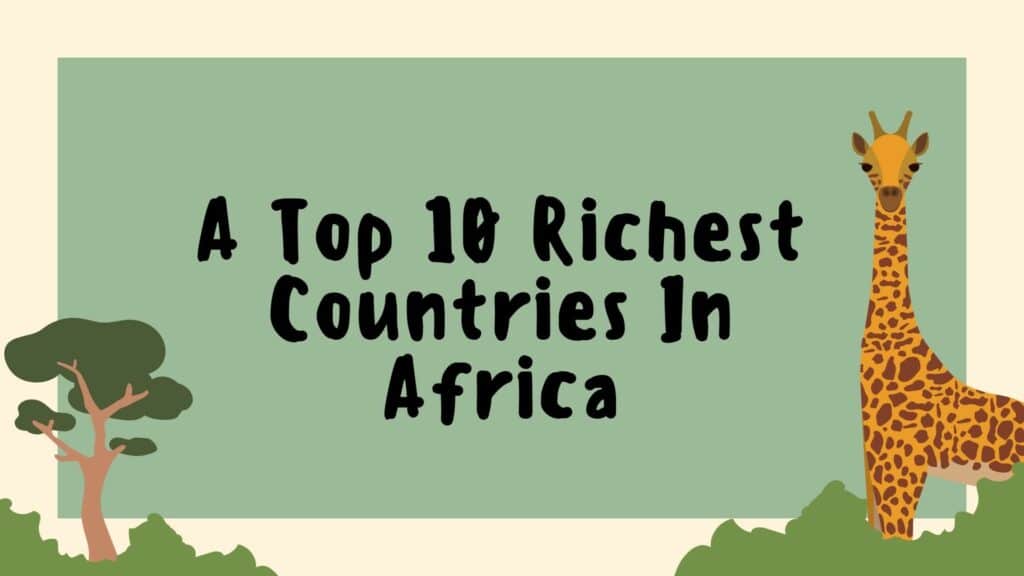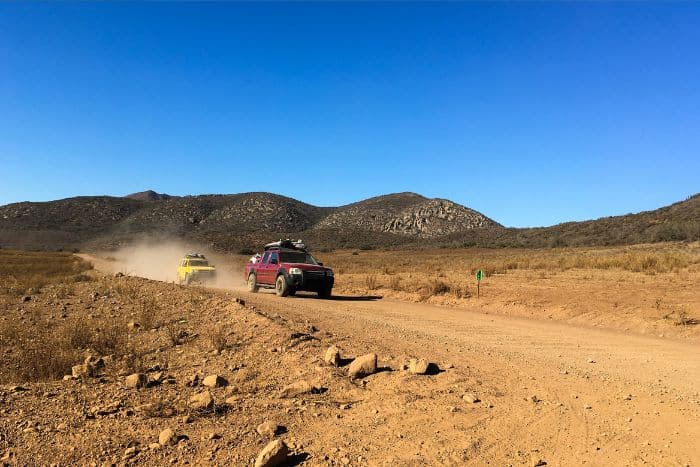If you’ve ever been on safari at night, you’ve probably heard it: that eerie, high-pitched “laugh” echoing in the dark. The first time I heard it in Kruger, it sent a chill down my spine. It felt like the bush was full of dangerous creatures laughing at me. That sound belongs to the spotted hyena, an animal that has carried around one of the worst reputations in Africa: cowardly scavenger, skulker, thief.
But spend a little more time learning about them, and you realize the truth is almost the opposite. Hyenas are tough, intelligent, and surprisingly complex. In fact, the more I’ve watched them, the more I’ve come to admire them. And in another life, I would have been a biologist studying their behavior 🙂
Girl Power: Hyenas have Matriarchal Clans
Females run the show: they’re bigger, stronger, and bossier than the males. Even the lowest-ranking female hyena outranks the highest-ranking male. That means when dinner is served, the girls eat first.
Clans can be huge, with up to 80 members, and all of them live under this female-led hierarchy. Watching them interact at a kill is like watching a chaotic family meal where everyone knows their place, and nobody dares cross the matriarch.
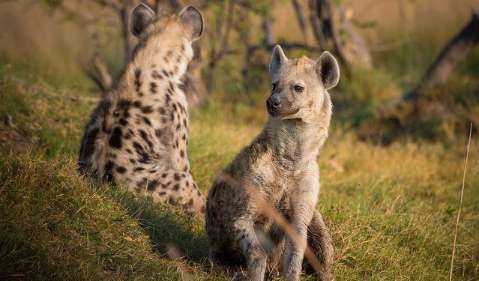
The Bizarre Biology Bit of Hyenas
Now, here’s where things get really weird. Female hyenas have what’s called a pseudopenis: an elongated clitoris that looks and functions a lot like the male organ. They urinate, mate, and even give birth through it. The first time I learned this, I thought, Wait, what?! No wonder early naturalists thought hyenas were hermaphrodites.
This unusual trait likely evolved because of high levels of male hormones during development, which also make females more aggressive. And while it might look odd to us, it’s essential in hyena society; they even use it in elaborate greetings to reinforce social bonds.
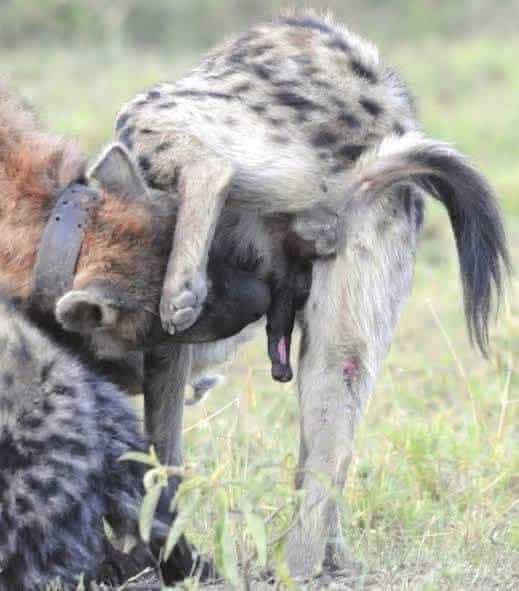
Hunters, Not Thieves?
Hyenas don’t just steal meals; they make them. Studies show they hunt 66–90% of the food they eat. And honestly, after watching them in action, I believe it.
On one safari, I saw a small group chase down an impala. It wasn’t graceful like a cheetah sprint: it was relentless. They just kept running until the impala wore out. Hyenas are the marathon runners of the savanna, able to keep up a steady chase at speeds around 60 km/h (37 mph). Teamwork makes them formidable, even against bigger prey like wildebeest or buffalo.
And the kicker? In some places, lions actually steal more kills from hyenas than the other way around. The old “lion is king, hyena is thief” storyline doesn’t always quite hold up!
Hyenas have Jaws of Steel
One of the most impressive things about hyenas is their bite. Their jaws can crush bones up to 6 cm (2.5 inches) thick. Imagine hearing that crack in the dark, it’s unforgettable!
Because their stomach acid is insanely strong, they digest not only meat but also bones and horns. Hyenas are the clean-up crew of the savanna, recycling nutrients back into the ecosystem. They leave very little behind, maybe a piece here and there for a giraffe.
Smarter Than You Think
Hyenas are clever, too. Researchers have found that they can solve puzzles as well as some primates. They even “count” during noisy standoffs, listening to how many whoops and calls come from the other side before deciding whether to fight or retreat. That “laugh” you hear isn’t just creepy — it’s communication.
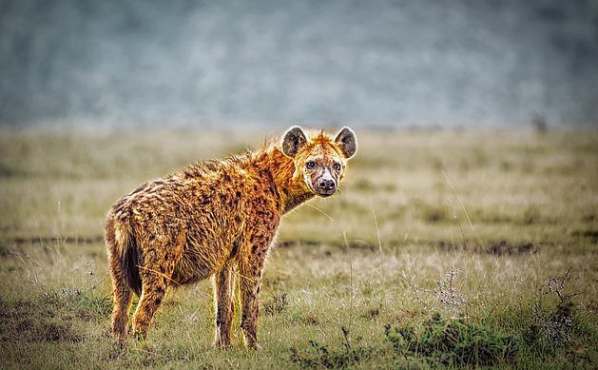
🦴 Safari Tip: Where to See Hyenas
If you want to see hyenas up close, you can look beyond the stereotypes. They’re widespread across Africa, but some unusual, less touristic parks give you especially good chances:
- Chobe National Park (Botswana) – Known more for elephants, but its mix of riverfront and woodland is also prime hyena territory. Browse Chobe stays →
- Kafue National Park (Zambia) – One of Africa’s largest parks, home to big hyena clans you can spot on night drives. Check Kafue camps →
👉 Travel tip: Keep your eyes open during early mornings — hyenas often return from night hunts with blood-stained faces, giving you a glimpse of just how tough their nights can be.
Conclusion: Rethinking the Hyena
So next time you hear that cackling laugh while you’re tucked up in a tent on safari, don’t just think of scavengers lurking in the night. Think of a female-led society with bizarre biology, top-notch hunting skills, bone-crushing jaws, and brains to match.
Hyenas aren’t the villains of the savanna. They’re some of the most fascinating survivors out there!
I would like to know your thoughts on these fascinating creatures in the comments section below!
I wish you a happy safari!
Kind regards,
Lizzy
I now have a YouTube channel as well!
YouTube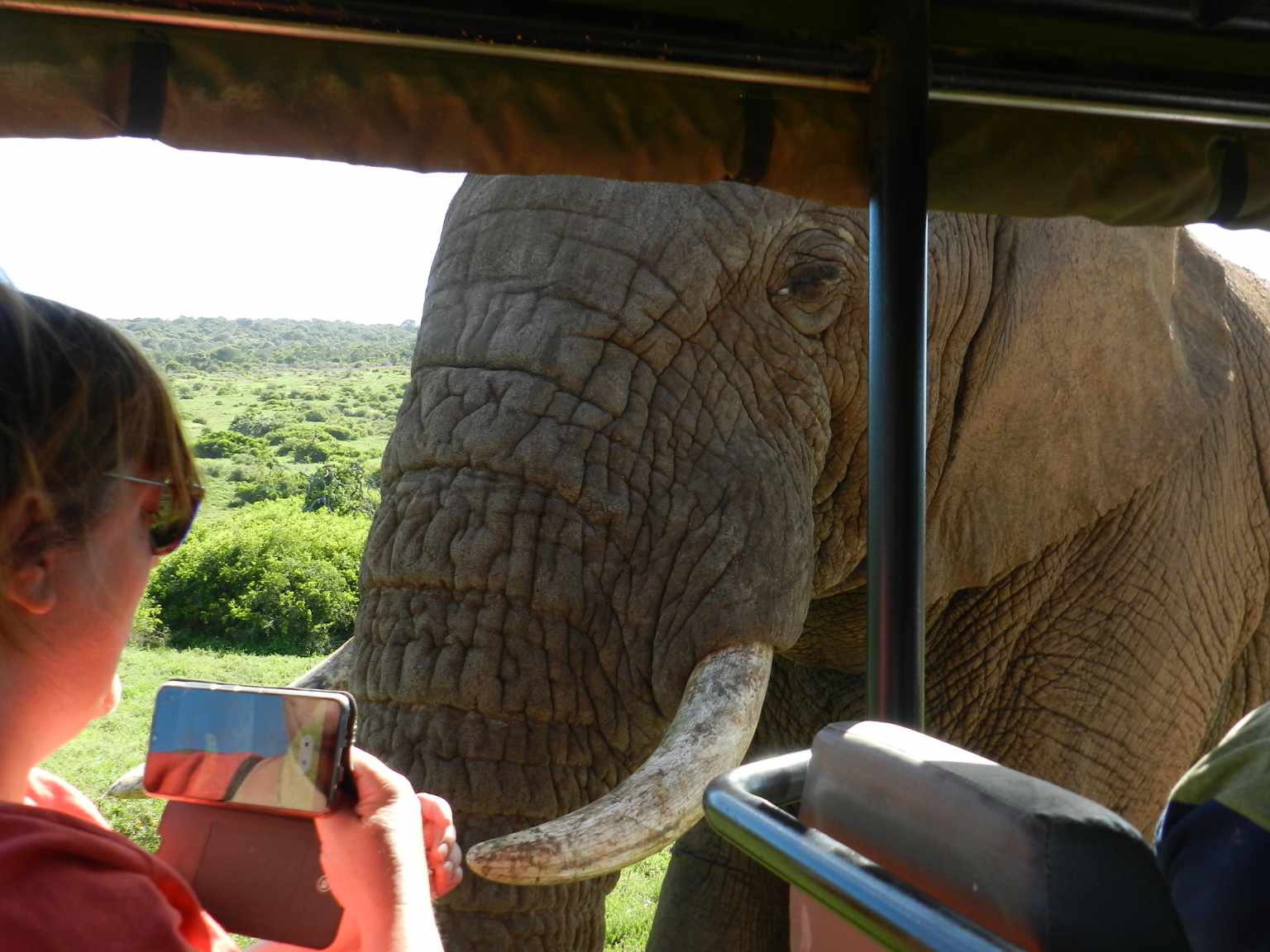
Hello Africa travellers!
Who am I? Well, the least you can say is that I am quite crazy about Africa, its nature, its climate, its culture, and more.
As a young woman in my twenties, I had already traveled to several African countries by traveling along in an overlander on my own and mostly camping ( or glamping ) and just fell in love with the diversity of it all.
So much, so that at the age of 26, I went back to university to study biology, which, unfortunately, I couldn’t finish because of health reasons (yes, I got sick from a tropical disease, oh cynicism). But this did not stop my dream of traveling back to Africa several times, and I still do.
My dream was back then to leave Europe and go study animal behavior, especially the elephants (sure, that’s every girl’s dream haha), but I am also very much intrigued by hyenas and other “ugly African animals“.
So, I “kind of” have a little bit of a scientific approach to my articles, when I write about African birds, for example. And most of all: the passion.
But life goes on, you move from one side of the country to the other, you get sick again and top it off with lower back problems, and before you know it, you are over 50 hahaha!
Now, I still travel to Africa, but take it a bit “easier” than the good old camping days, and stay in comfortable, yet affordable accommodations, together with my husband Wouter.
These are some of the countries I have traveled to: Kenya, Tanzania, Zanzibar, Malawi, Zambia, Zimbabwe, South Africa, Namibia, Botswana, Tunisia, and a little bit of Lesotho LOL .
While clearly not being African territory, but Spanish, I also visited Gran Canaria and Tenerife, and location-wise, I consider them “African”, because of their climate and nature, sue me :-p
The last trip I took was to South Africa in the year 2023, and it sure got the fevers for Africa back! From the Barberton mountains to the Drakensberg and the Southcoast, one month wasn’t enough at all to see the whole country, so we’ll be back! At ease and with a little bit more luxury than in my younger days haha!
I wish you happy travels!
Kind regards
Lizzy


